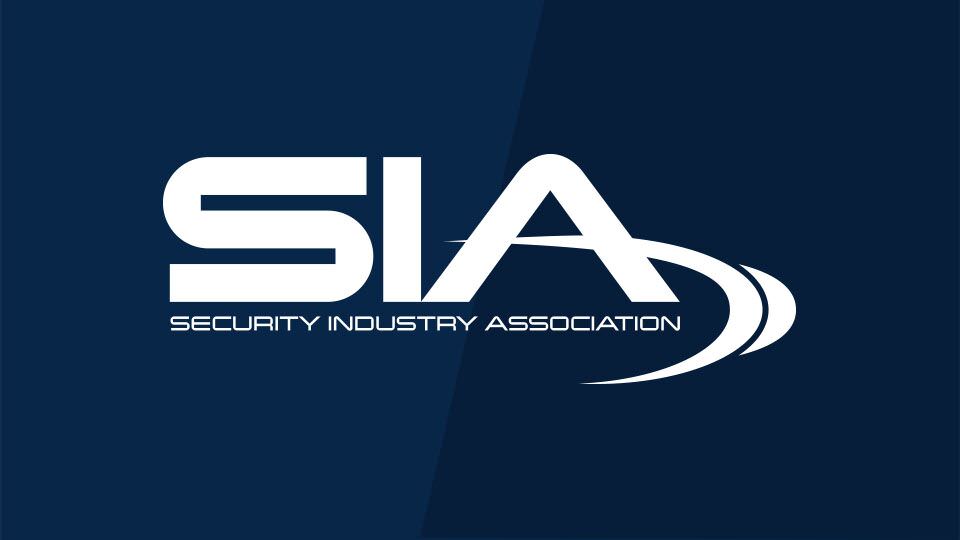Customer Service: The Holy Grail in Our Connected World

Technology is a wonderful thing. It can simplify our lives by keeping us connected from anywhere at any time, helping us find our way to a destination, reminding us of appointments and much, much more.
However, technology is only half of the equation. The second – and equally important – factor is customer service, which helps end users get the greatest benefit out of their systems today and into the future.
The number and variety of access control providers that end users have to choose from run the gamut from off-the-shelf do-it-yourself solutions to independent security companies specializing in access control to large multinational conglomerates. Each of these options brings numerous advantages, so it is vital that customers take a close look at the ramifications of each provider. For many businesses, the largest access control companies may not prove to be the best choice. A main reason for this is the gap in customer service capabilities between providers.
Every customer wants to feel like they are important to their vendors and will therefore seek out those businesses that can and will listen to them, take their concerns and suggestions seriously and do whatever it takes to make things right and deliver solutions that meet their needs. Access control is critical to security, making it crucial for end users to seek out those providers who can deliver the most powerful combination of advanced technology and customer service.
There are five key factors that must be part of the evaluation process to allow end users and installers to determine just how committed a provider is to customer satisfaction – and how available and responsive they will be to their needs.
Customization
No two access control deployments are identical. Therefore, off-the-shelf solutions are rarely, if ever, sufficient for meeting the specific requirements of every installation. Customer-focused providers recognize this and are not only willing but also able to accommodate some level of customization. Smaller providers in particular thrive on customization and catering to their customers’ specific needs, and are flexible enough to develop innovative custom solutions much more quickly without significant added costs.
Smaller providers often possess strong specialized expertise in both access control technologies and related security technology, including video, intercoms and other systems. This allows integrators to quickly design and install systems that seamlessly integrate with existing technology or even host the head end for their customers.
Communication
The irony of today’s connected world is that there is much less personal interaction than in the past. The myriad options users have for contacting their provider mean nothing if they can’t actually connect with someone who can address their needs. The massive volume of internal interactions seen at larger companies often has a negative impact on their ability to respond to customers in a timely manner. Conversely, the clearer and more direct lines of communication at smaller companies allows for much faster response. With less bureaucracy and internal communication to sift through on a daily basis, employees are able to spend more time working directly with a customer.
Delays caused by waiting to hear back from a provider compromise security mean users must have a dedicated go-to person they can rely on when they need help or support the most – often when something has gone wrong and requires immediate attention.
Continued Support
Like any solution, all access control systems require ongoing service and support to ensure continuous operation and reliability long after installation. Despite what a company may promise, in reality it is typical for problems of varying degrees to arise with equipment, systems and/or functionality in solutions of all types. This is especially true for customized systems.
One measure of a provider’s customer service capabilities is what they not only can but will do to address and accurately fix these issues as quickly as possible.
Smaller providers are ideally positioned to excel at providing in this area, in large part because the company owner or other executive manager is often personally involved in a project and can focus on customer relations to make sure end users continue to be satisfied with their systems well after the initial deployment.
Knowledge and Expertise
A solution’s effectiveness is closely tied to the depth of an installer’s knowledge of the many products and solutions available. The expertise and experience of customer-focused providers can help installers and integrators make better and more confident decisions about customers’ installations. Those who take advantage of training, product forums and other vendor-offered programs bring greater knowledge and value to their customers.
Without the barriers to communication that are typical of larger providers, smaller vendors can work closely with dealers and integrators to make sure systems are designed and installed quickly and easily, and that solutions are integrated with existing technologies. In some cases, the provider may even offer to host the head end.
Further, those integrators who focus on a small number of providers may carry larger inventories of their products and parts, helping them perform installations more quickly. This focused product selection also helps ensure interoperability of systems, as well as compliance with regional or industry requirements.
Budget Sensitivity
Competing against the tremendous marketing power of large companies can be a daunting challenge for smaller providers. However, by combining innovation with consciousness of end users’ investments in existing legacy technologies, these providers are able to hold their own. Delivering solutions that address longstanding problems while integrating future and legacy products and infrastructure without requiring expensive rip-and-replacement of existing technologies helps preserve customers’ budgets and build strong, lasting relationships.
Everyone wants to feel that their provider understands their needs and will be available to assist them. When it comes to access control providers, bigger is not always better given the personal touch, open lines of communication and flexibility of smaller providers. While end users may feel like they are lost in the shuffle with larger providers, the time and attention smaller providers are able to dedicate to service and support can make even the smallest end user feel like the most important customer. Fast response, quick resolution, customization and high levels of service and reliability are not too much for integrators and end users to ask for – and expect – from their access control provider.
The ability to deliver on these needs is tightly woven into and often serves as the foundation for smaller providers’ business structure and corporate culture. So while technology will continue to play a key role in the decision-making process, customer service must receive at least equal consideration. Carefully evaluating these five criteria will ensure that installers and customers identify the vendors that will deliver systems that meet their requirements and do everything possible to ensure their satisfaction well into the future.
 Robert Laughlin is President of Galaxy Control Systems. For more information, visit http://www.galaxysys.com.
Robert Laughlin is President of Galaxy Control Systems. For more information, visit http://www.galaxysys.com.
The views and opinions expressed in guest posts and/or profiles are those of the authors or sources and do not necessarily reflect the official policy or position of the Security Industry Association (SIA).
